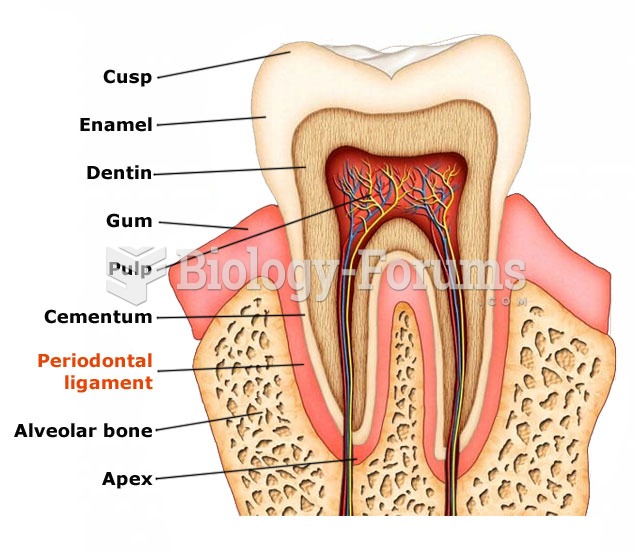|
|
|
Stevens-Johnson syndrome and Toxic Epidermal Necrolysis syndrome are life-threatening reactions that can result in death. Complications include permanent blindness, dry-eye syndrome, lung damage, photophobia, asthma, chronic obstructive pulmonary disease, permanent loss of nail beds, scarring of mucous membranes, arthritis, and chronic fatigue syndrome. Many patients' pores scar shut, causing them to retain heat.
Since 1988, the CDC has reported a 99% reduction in bacterial meningitis caused by Haemophilus influenzae, due to the introduction of the vaccine against it.
On average, the stomach produces 2 L of hydrochloric acid per day.
More than 2,500 barbiturates have been synthesized. At the height of their popularity, about 50 were marketed for human use.
Most childhood vaccines are 90–99% effective in preventing disease. Side effects are rarely serious.







